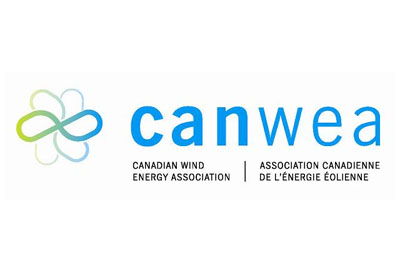Wind Energy is Key to Ontario’s Long Term Energy Plan

Glenn Thibeault, Ontario’s Minister of Energy, has released the updated Long-Term Energy Plan (LTEP), Delivering Fairness and Choice. As part of this plan, the LTEP remains committed to achieving Ontario’s climate goals and forecasts heightened need for electricity supply in the coming years to support the transition to a low-carbon economy. Ontario will need renewable energy, like wind energy, and more of it, if it is to meet greenhouse gas emission targets moving forward. New wind energy provides the best value for consumers to meet growing demand for affordable non-emitting electricity.
The LTEP lays out expectations for energy supply and demand and reflects upon changing consumer demands. It notes that investment in the electricity market has improved reliability and reduced emissions. It also comments on how securing wind power has changed over time, noting that “the introduction of the Large Renewable Procurement (LRP) process in 2014 resulted in strong competition between developers of large renewable projects. This significantly reduced the costs of wind and solar energy, saving money for electricity ratepayers.” This improved process resulted in an average 20-year procurement price of 8.45 cents per kilowatt hour (kWh), which was less than the average cost of generation, and enabled increased participation and support from host communities and Indigenous groups.
Wind energy has become one of the lowest cost sources of new electricity generation in Ontario, and while wind power has helped reduce greenhouse gas (GHG) emissions in Ontario’s electricity sector from 34.5 megatonnes of carbon dioxide equivalent (CO2e) in 2005 to 7.1 megatonnes CO2e in 2015, more work needs to be done.
Ontario will need more electricity supply before 2024 (see graphic below). Over the next decade as much as 20 gigawatts (GW) of electricity supply will be removed from the system, representing close to half of all supply in the province. This includes approximately 3 GW of supply coming off-line at Pickering Nuclear Generating Station (NGS), as well as 9 GW of expiring generation contracts. Wind energy will be needed to help fill this supply gap.
CanWEA has long supported that new supply needs in Ontario be competitively sought from affordable, non-emitting generation to maintain low greenhouse gas emissions in the electricity sector in the medium- to long-term while keeping costs in check. Ontarians also realize that climate change is real, and that we need to work together to ensure that emissions from the energy sector continue to be reduced, not increased.
CanWEA and the wind energy industry will continue to work with the Independent Electricity System Operator (IESO) on the implementation of the LTEP. We pledge to also collaborate with the IESO through the Market Renewal Program to enable affordable, non-greenhouse gas emitting generation.
















